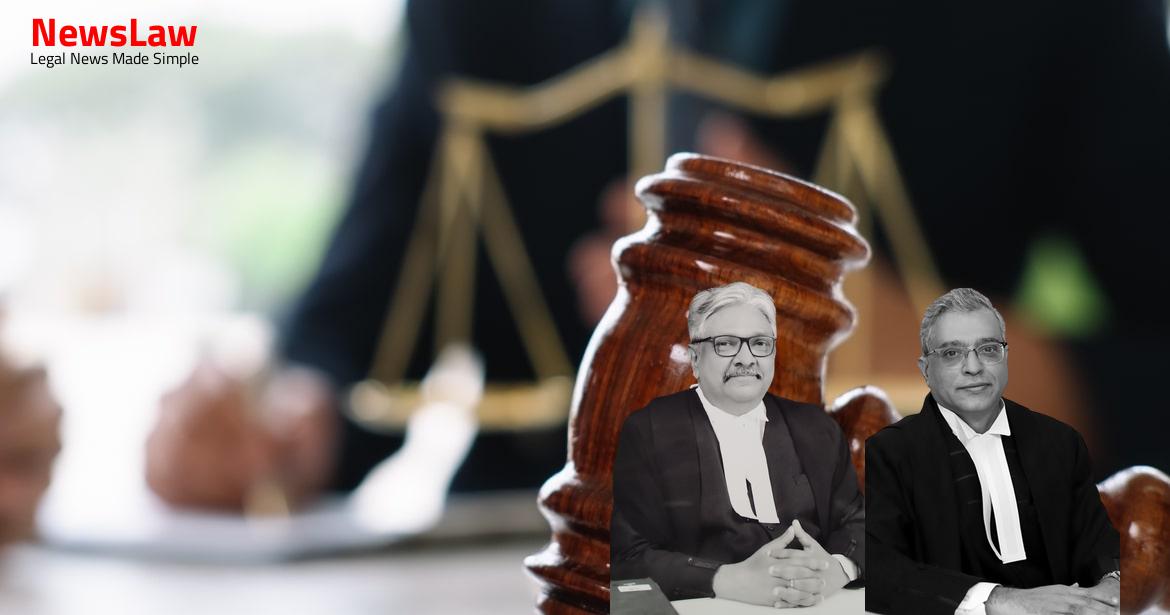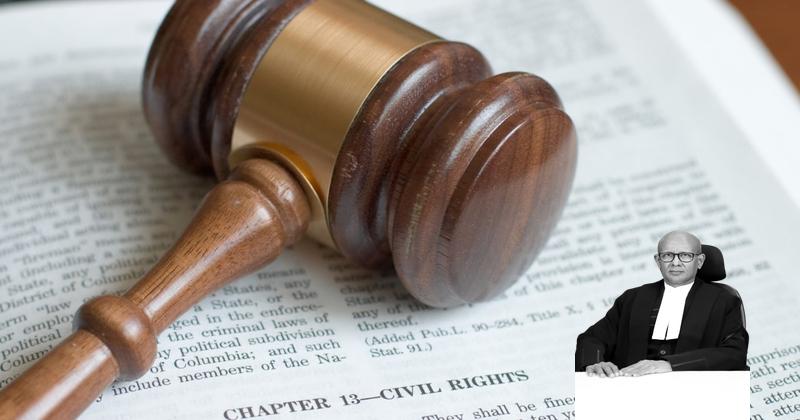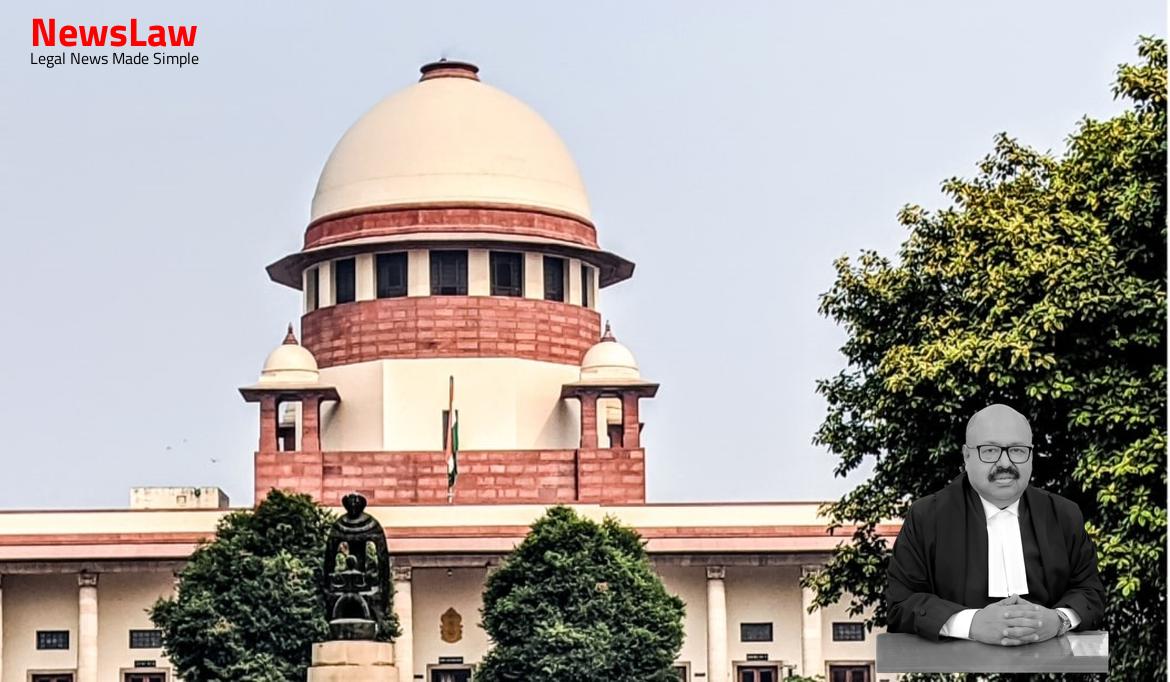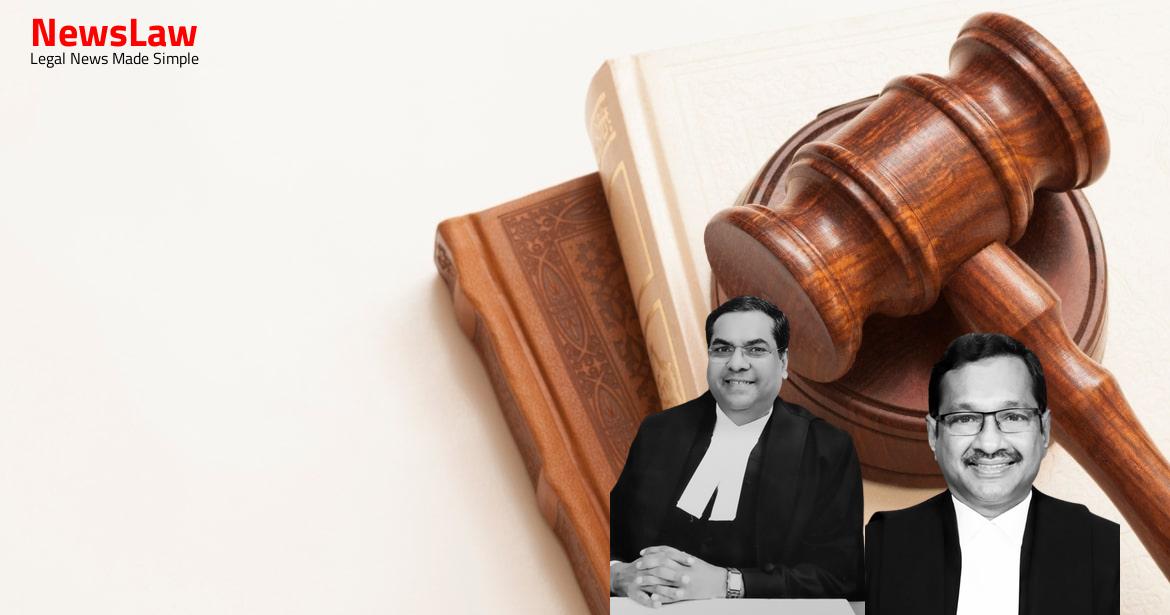This blog delves into the detailed legal analysis conducted by the court regarding the invocation of Section 319 Cr.P.C. in a recent case. The court emphasized the importance of strong and cogent evidence before invoking this extraordinary power. The post highlights the discretion and standards required for invoking Section 319 Cr.P.C., based on specific cases and legal principles.
Facts
- The deceased husband had allegedly told his wife that he was leaving for work to meet the appellant
- The High Court challenge against this order was unsuccessful
- The Sessions Judge, Khiri, passed an order on 11.09.2018 invoking the power under Section 319 Cr.P.C.
- The judge ordered to summon the appellant based on this power.
- The decision was made to include the appellant in the case proceedings.
Also Read: Legal Analysis of Lease Deed Commencement Date
Arguments
- Mr. Gaurav Srivastava, learned counsel for the appellant, argued that the courts erred in invoking power under Section 319 Cr.P.C. based solely on the deposition of the second respondent.
- The appellant relied on judgments of this Court in cases like Hardeep Singh v. State of Punjab and Labhuji Amratji Thakor v. State of Gujarat, where standards for invoking Section 319 Cr.P.C. were discussed.
- The Court approved relying on a deposition, even without cross-examination, for invoking Section 319 Cr.P.C., but noted specific standards must be met.
Also Read: Analysis of Jurisdiction and Exemption in ESI Act Case
Analysis
- The second respondent, who is the wife of the deceased, firmly believes that her husband was murdered by the appellant and his friends.
- She reported the murder to the authorities and also testified in court regarding her conviction.
- Her husband, who was the driver of the appellant, went missing after receiving a call from the appellant asking him to come in urgently.
- Evidence suggests that the deceased was last seen with the appellant before he went missing.
- The appellant provided conflicting information about the whereabouts of the deceased, adding suspicion to the case.
- The police investigation led to the filing of a chargesheet against three individuals, including the appellant.
- The wife’s statement about the deceased’s last known whereabouts and interactions with the appellant are crucial in establishing the case against the appellant.
- The appellant’s involvement in the disappearance and potential murder of the deceased is a key focus of the investigation and legal proceedings.
- Power under Section 319 Cr.P.C. is discretionary and extraordinary
- To be exercised sparingly when circumstances warrant it
- Not to be exercised casually or cavalierly
- Requires strong and cogent evidence against a person
- Evidence needs to be more than prima facie but short of certainty of conviction
- Purpose is to try the person together with the accused, not necessarily convict
- The power under Section 319 Cr.P.C. can only be invoked when there is strong and cogent evidence against a person.
- The power cannot be exercised casually or cavalierly.
- The test for invoking Section 319 Cr.P.C. is more than a prima facie case which is used during the framing of charges.
- The decision to invoke the power under Section 319 Cr.P.C. depends on the evidence tendered in a given case to determine if there is a strong ground as per paragraph 105.
- The matter in this case needs to be reconsidered by the Sessions Judge, Khiri, in accordance with the principles laid down by the Court.
Also Read: Legal Analysis of Toll Plaza Location Rule Violation
Decision
- The appeal has been allowed.
- The Sessions Judge, Khiri, will apply the principles laid down by the Constitution Bench.
- The impugned judgment has been set aside.
- The parties are required to be present on the specified day.
- The Court will pass appropriate orders considering the principles from the Hardeep Singh case.
- The order issued by the Sessions Judge for summons has also been set aside.
- The Sessions Judge, Khiri, will proceed with the case on 30.09.2021.
Case Title: RAMESH CHANDRA SRIVASTAVA Vs. THE STATE OF UTTAR PRADESH (2021 INSC 470)
Case Number: Crl.A. No.-000990-000990 / 2021



